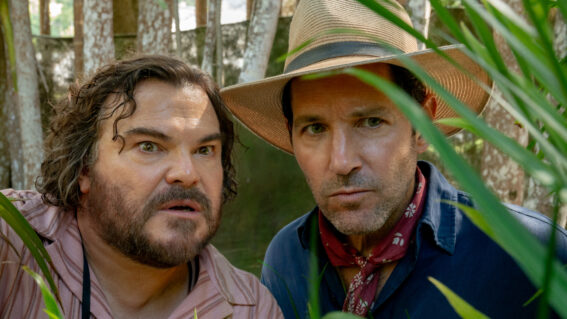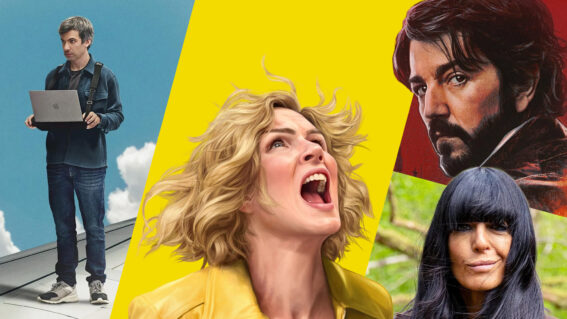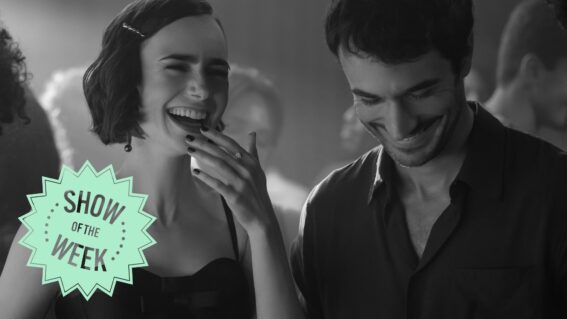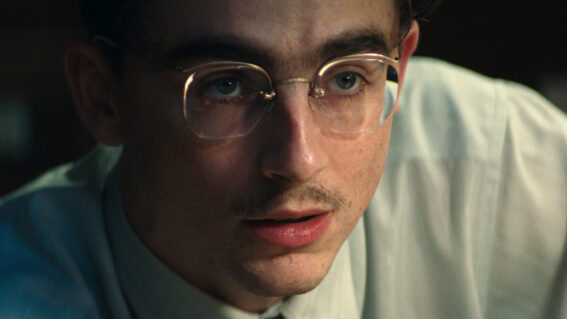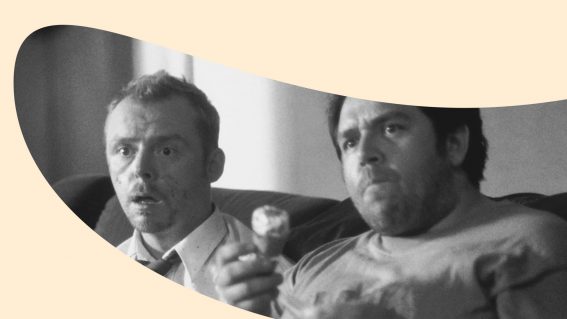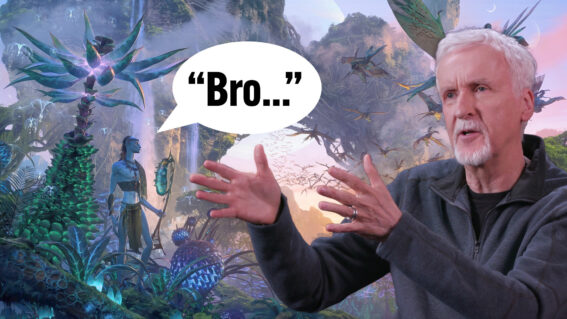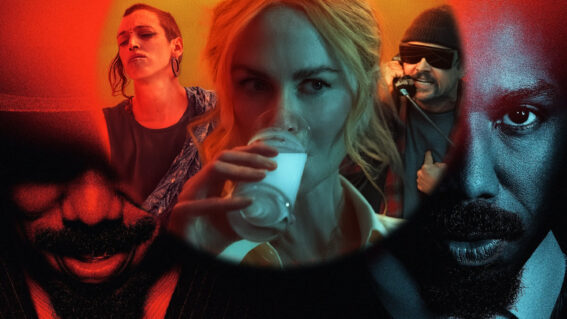Joika director James Napier Robertson talks artistic obsession – on and off screen
Whether ballerina or filmmaker, what does it mean to put everything on the line for your art?
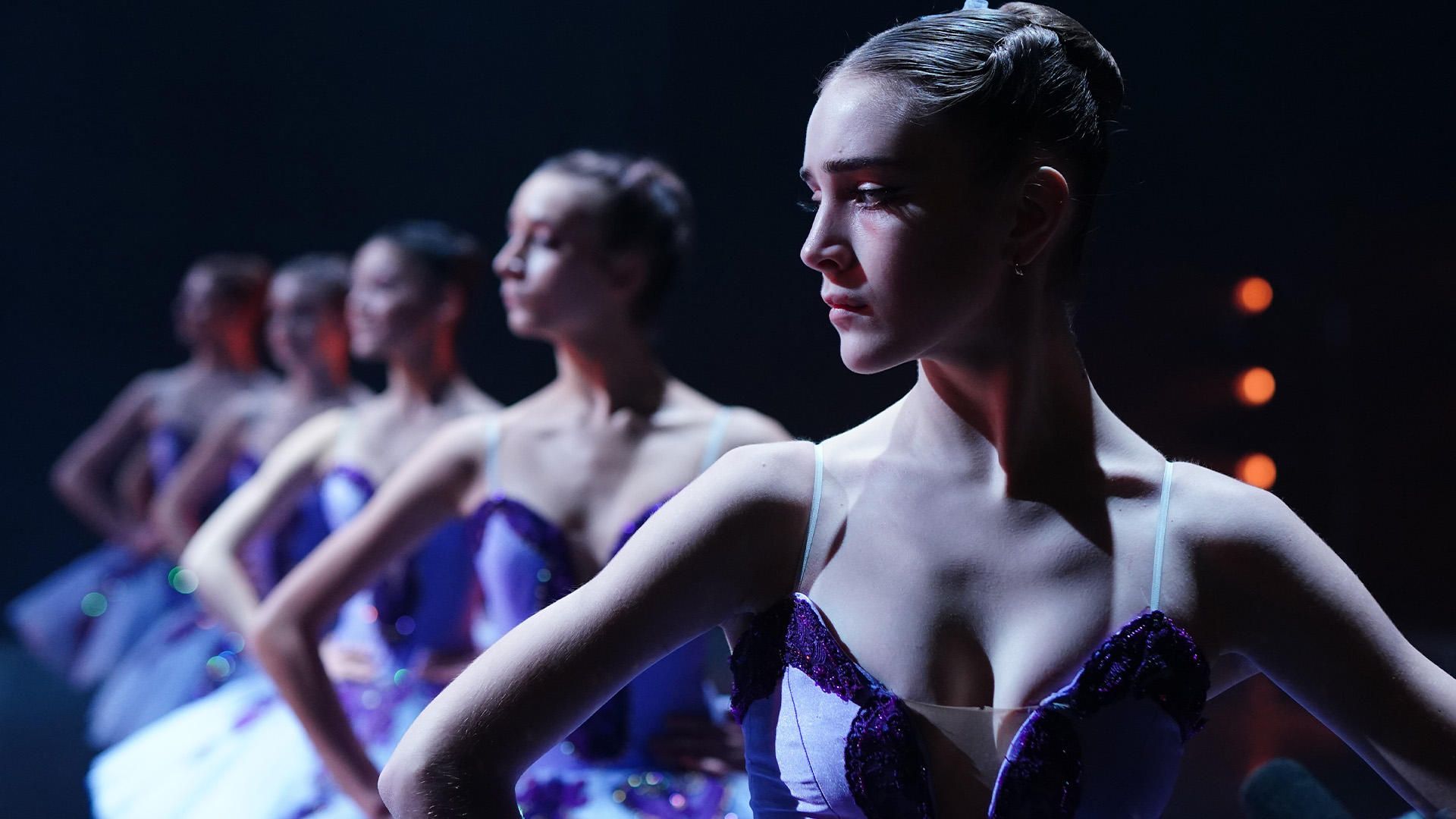
Joika is the true story of American ballerina Joy Womack, whose passion to join the ranks of the Bolshoi Ballet proves near-destructive. Steve Newall speaks with New Zealand director James Napier Robertson.
At the recent Big Screen Symposium film industry event in Auckland, James Napier Robertson introduced a clip from his new dramatic feature Joika, the true story of an American ballerina fighting for a place in Russia’s prestigious Bolshoi Ballet. Openly drawing parallels with the film’s subject Joy Womack, Napier Robertson alluded to his own unhealthy, compulsive tendencies that come to the fore when making a film. This relatable psychological element shared by both filmmaker and character ought to forestall too much questioning about why a New Zealand director would want to tell the story of an American dancer’s experience in Russia.
When we catch up for a chat on Zoom, I suggest that Joika is also the type of underdog, or against the odds journey, that we often associate with Kiwis succeeding on the world stage. “I think that’s an interesting parallel,” Napier Robertson considers. “We do seem to be overachievers, you could probably interchange Joy and Edmund Hillary, right? It’s hard for me to speak to the New Zealand-ness of it beyond, for some reason, it’s a story that makes so much sense to me.”
What Napier Robertson keeps returning to in our conversation, echoing his Big Screen Symposium remarks, is how Joika relates to his own searching for what it means to put everything on the line in order to try and capture something as an artist. Referencing how The Dark Horse’s Genesis Potini used chess as his way of making sense of the world, Napier Robertson observes that the world is almost impossible to makes sense of.
“Everything is nonsensical, none of this makes sense, and it’s all kind of random,” he says. “And then we have to process that and we have to make sense of it. We weave it into something that we can learn from. Stories do that, stories try to make sense of things, try to tie them together in a way that becomes a lesson. The way that Genesis did it with chess, is the same way that I’ve done it with filmmaking, it’s trying to process all this stuff and find meaning through one particular task.”
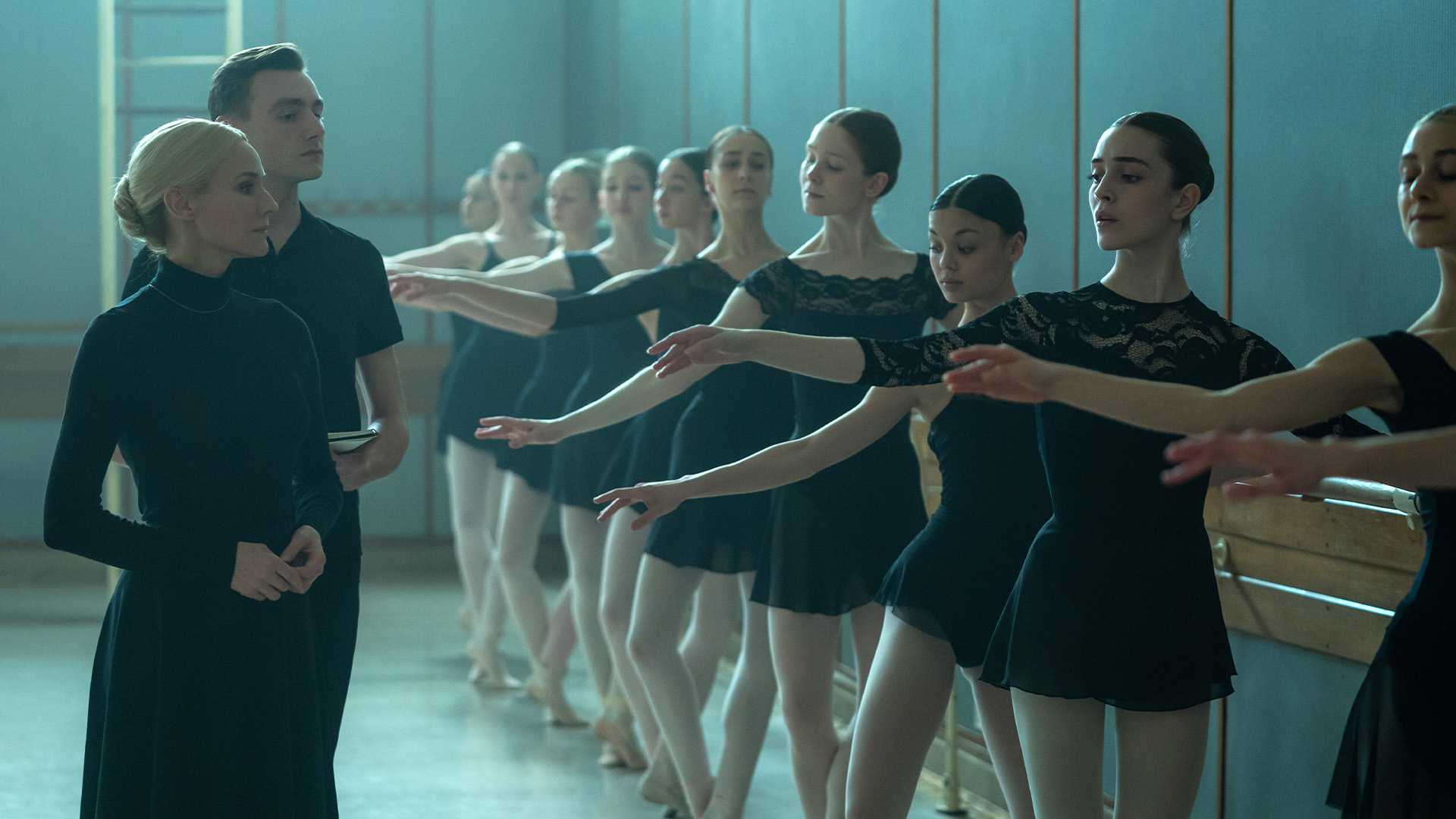
For Napier Robertson, Joy’s story was exactly the same thing, and it transcended ballet: “It was really about trying to figure out who you are through it, and whether that’s worth pursuing, and how far you should go before you tip into it becoming a dark obsession. Before it goes from being a pursuit of something beautiful, and starts becoming a pursuit of self-destruction.”
“That very thing is what I’ve wrestled with, at times, because my approach to filmmaking can become quite self-destructive. Because of the hours, the stress, I’ll put everything I have into each one. I often finish making a film, and I am just utterly, physically, mentally, emotionally and financially destroyed, you know, because it’s what it took. It all had to go into it. And each time you do that, you don’t know whether it’ll be worth it. You don’t know whether all of that will then result in something that makes sense, or whether you’re actually just becoming masochistic, and there’s a healthier way of doing this. That’s something that, for me, is a huge part of what I’m exploring in life. And that’s what I recognised in Joy’s story, and have recognised in other stories that I’ve been interested in telling.”
As for what type of stories that might be, Napier Robertson shares he often just gets pulled in the direction he gets pulled. “I haven’t ever sat down and gone ‘I want to make that movie, and then this movie, like this type of film and then this type. It’s just something will come across you and you’ll be drawn into it.” Even he sometimes won’t be able to explain why, there’s just something about it that keeps pulling him in.
“Then you get so deep in it, that when someone asks, ‘Why would you want to tell this?’ Or ‘Why are you the person to tell it?’ it almost seems confusing for a moment, because you’re so in it that you’re like, ‘what?!’ And then it takes a little bit of distance from it to go, ‘oh, that makes total sense’. It seems quite strange that I would want to, not just want to make a movie, but the amount of your life that you need to devote to it. I mean, it’s crazy. Just in post-production, I would work ’til three, four in the morning, go home and sleep for a bit, come back at nine o’clock. 9:30. And I would do that seven days a week, for months. It’s gonna kill you. And yet, it didn’t really ever stop making sense to me.”

I note how it sounds like there’s quite a quick journey from inspiration to compulsion, and Napier Robertson agrees. “Something gets its hooks in you. There’s definitely an aspect of it being in your personality. Again, which is why I was interested in exploring the story. Like an obsessiveness, you know, if you have a tendency to get obsessed, then it doesn’t take too long to get pulled into the rabbit hole. Once I’m really making a film, and really into a story, I can’t stop thinking about it, it really does become a fixation and an obsession. And there are many different times you could walk away from it, because they’re always going to end up being extraordinarily difficult to make, they’re going to put you through everything.”
Napier Robertson jokes about being very cagey in meetings about going too many steps into the process. Once he’s in, it’s almost like he’s trapped, the filmmaker confides. “You’ve got to see it through, you’ve got to go all the way through. And I’m also aware now, four movies in, you know, you can’t keep doing it that many times. Each one of them really does take something out of you.”
In Joika we see a similar price paid onscreen at a number of inflection points in Joy’s story. In some instances she weighs the pros and cons and makes a reasoned decision, while at others she seems compelled to go in a certain direction. I asked Napier Robertson if that’s the territory he’s talking about for himself.
“Yeah, definitely,” he affirms. “And it’s funny because with a character like Joy, and the real person, she’s incredibly intelligent, charming, talented, insanely driven.” But capturing that in a film, he describes his tendency as to lean on the side of understanding and forgiving her decision-making more than someone else would.
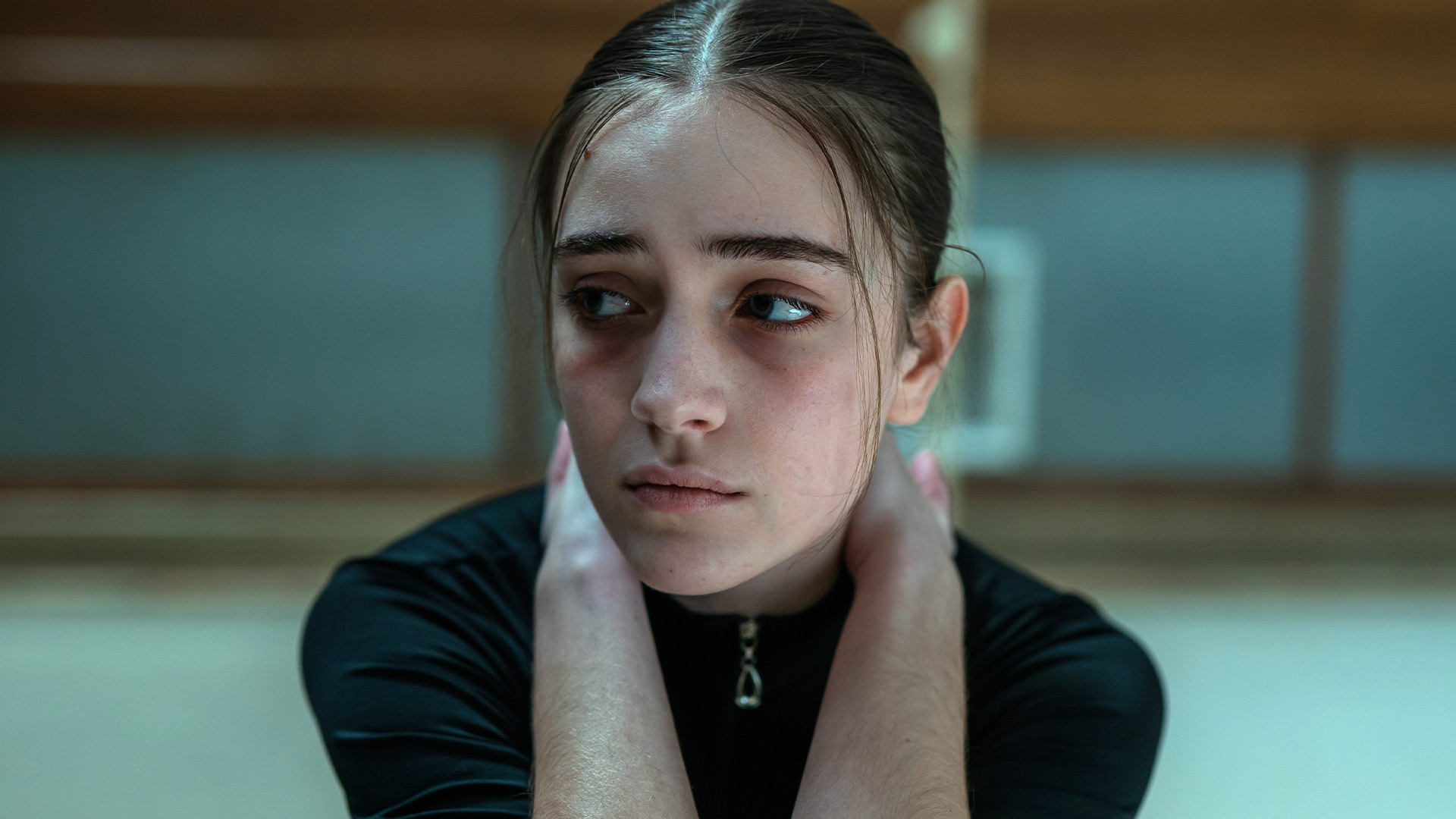
“I would have a version of the script, or even a cut of the movie, that might make a lot of sense to me,” Napier Robertson elaborates. “I’m like, ‘I know she’s doing crazy stuff, but I get it’. And then you realise that, for like 80% of people out there, they’re not really connecting with her because it’s too much. I was really trying to not sand the edges off. I felt like there’s so much beauty in the world, visually and in the music. The soulfulness of, in the end, the art form that she’s trying to do. But to contrast that, see a really honest, and at times pretty intense, true version of what it takes. And that was, for me, the point of difference that felt worth pursuing compared to other films.”
A big inspiration Napier Robertson cites for this film is Michael Powell’s The Red Shoes: “That was made almost 100 years ago, it’s a long time ago. And it’s exploring themes that are still being explored today”. He mentions films like Black Swan and Whiplash as also looking at obsessive-compulsive art, and poses himself the question “Why explore that again?” As he explains, the thing that kept drawing Napier Robertson to it again, was that this is true. “She really did this, those were made up but this is a real person who really made these choices, and is still doing it.”
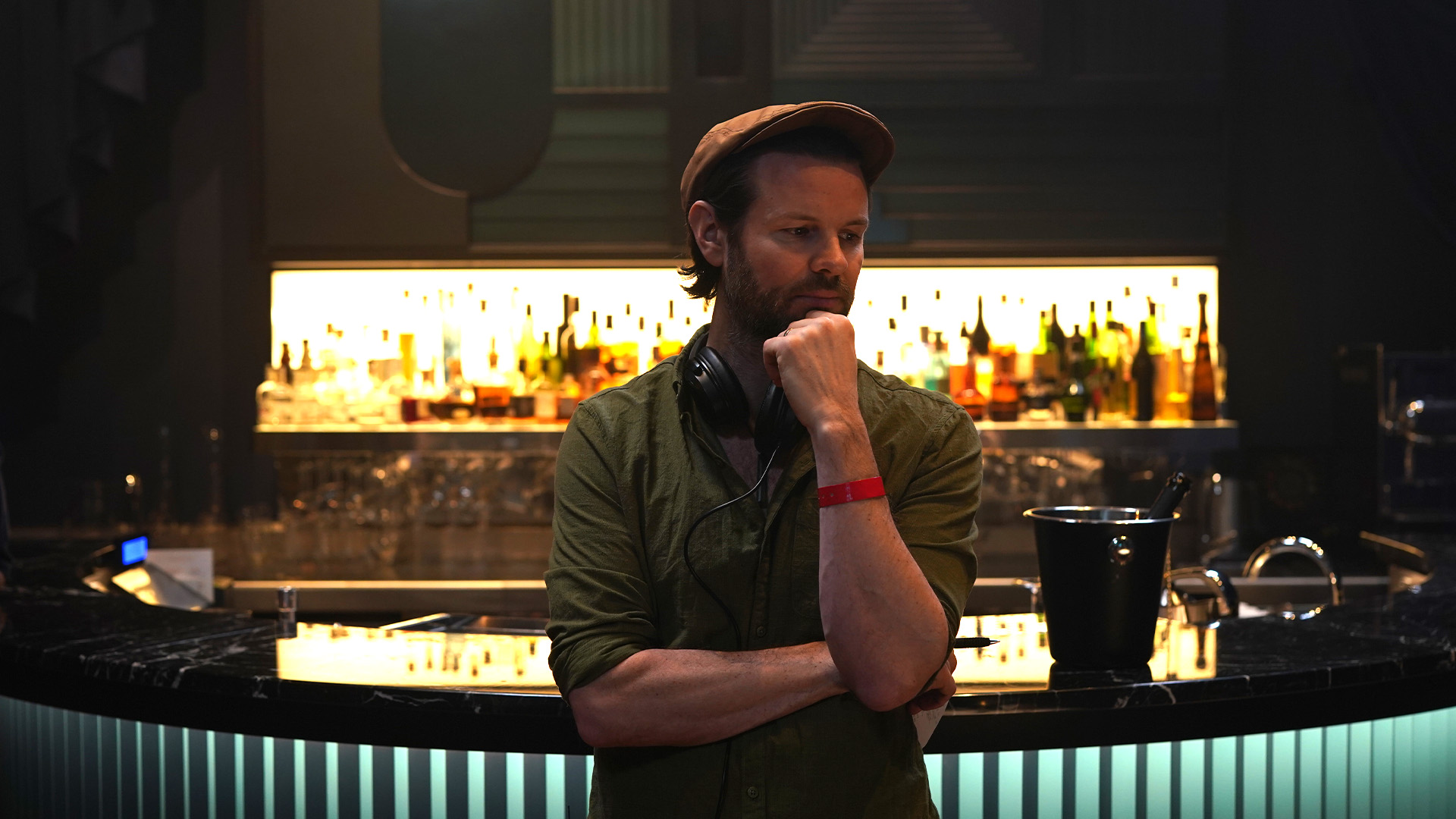
There’s a sense that a real-life basis for the character helped Napier Robertson connect her experiences to his own. “I’ve had it in the past, where I’ll work really, really hard on something, and people around me will be saying ‘It’s too much. It’s unhealthy. You’re neglecting other parts of your life,’ and it’s almost frowned upon. And then the thing you finish making gets well received, and suddenly it’s forgivable, it’s like, ‘Oh, now that makes sense’. Now it’s okay. But for you, when you’re on the inside, it’s just turbulent. You had no idea whether it would be well received and be worth it or not. And if you’re only prepared to go that far, because you think or know it’s going to be well received, then I don’t know that’s going to work. You have to be open to the fact that you might do all of that, and then it doesn’t make sense. But it still was the only way you had to approach it.”
“Often the journey of seeking approval, or seeking someone to tell you it was worth it, tell you you’re good, tell you you’re special—if that’s what you’re seeking, you’re destined for disappointment. That can’t be, in the end, the thing that validates what you’re doing. In the end, you have to do it despite all of that. You have to almost embrace that being irrelevant, and that you might not get that and that’s part of her journey.”
Napier Robertson has found a great onscreen pairing of student and teacher in Talia Ryder and Diane Kruger. But Joika nearly had different leads in place. Originally Thomasin McKenzie was cast, he tells me, and the actor did six months of training with a prima ballerina—before a scheduling clash took her out of the picture at a time when COVID was wreaking havoc on productions worldwide. While he describes McKenzie’s departure as a sad moment, things took a better turn when her agent suggested Napier Robertson look at another of their actresses. She’s just done this movie called Never, Rarely, Sometimes, Always he was told, and she’s been a dancer since she was four. Joika‘s director watched it, and like so many of us, was blown away by Talia Ryder’s performance.
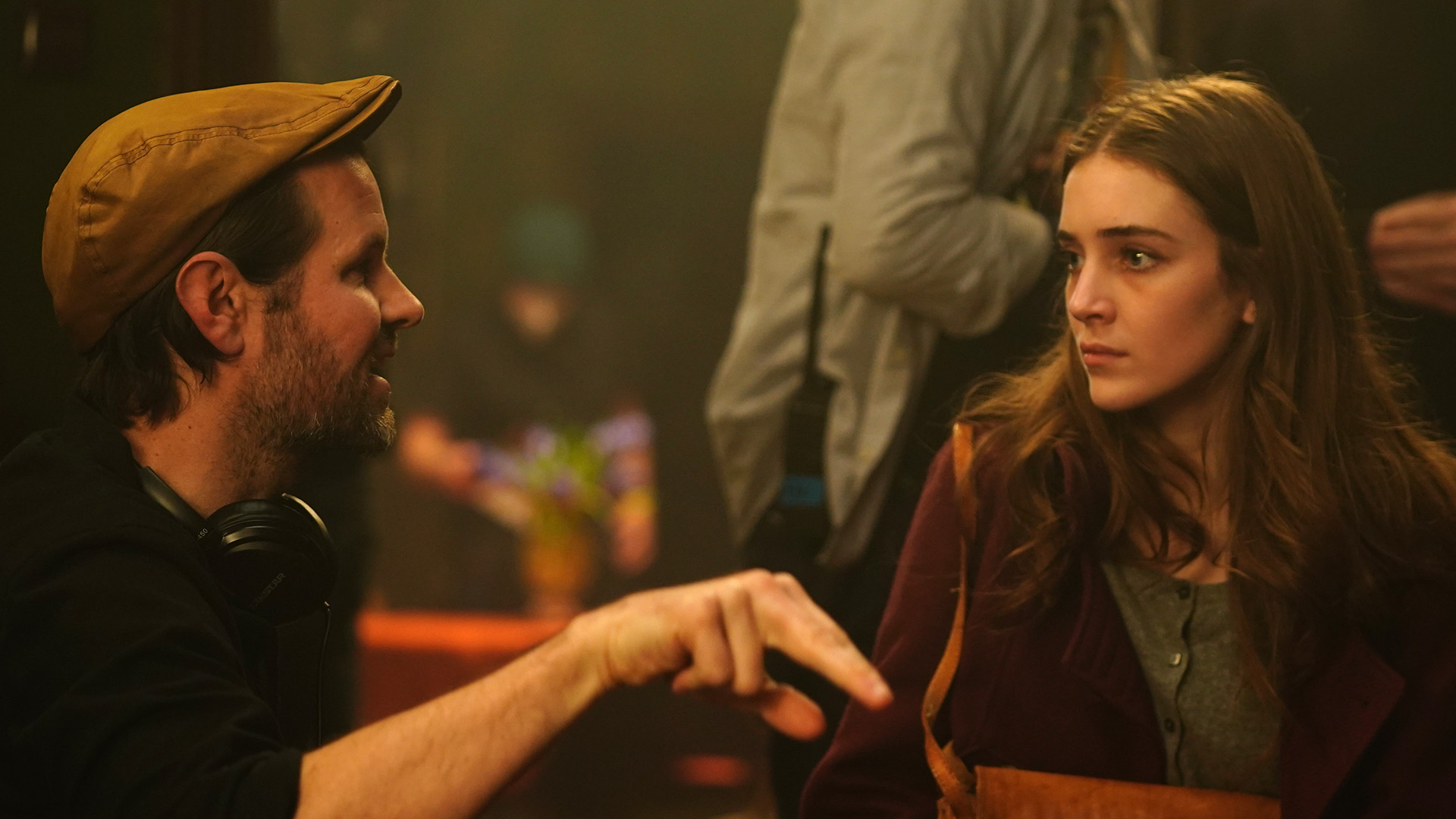
Describing Ryder as so talented and such a natural, Napier Robertson also notes she too demonstrates obsession, saying she instantly conveyed an understanding of Joy—straight away, she was right in that exact same zone of incredibly obsessed and driven as the character (and director), he tells me. Napier Robertson knows just how lucky he got (“to be honest, it’s like the casting pool is almost zero”), especially since a movie like this lives and dies on their performance. “Just like some of the other films I’ve made, if you don’t find that right actor in that central role to carry it, then it doesn’t matter what else you do,” he says.
Napier Robertson found himself in a similar situation with Isabelle Huppert, originally slated to star opposite McKenzie, but also having to depart the film due to timing factors. Losing this duo wasn’t just an artistic bummer, it played havoc with Napier Robertson’s own directorial process. The way he approaches directing, he explains, is that he’ll have to see the whole thing, to play it through his head so many times. “And so when you cast an actor, that’s who you’re seeing the movie with,” Napier Robertson says. “Then, when there’s a moment when you have to recast, it’s so jarring because the new actor—no matter how wonderful they are—they bring different qualities, and you’ve got to adjust everything to fit this new personality.”
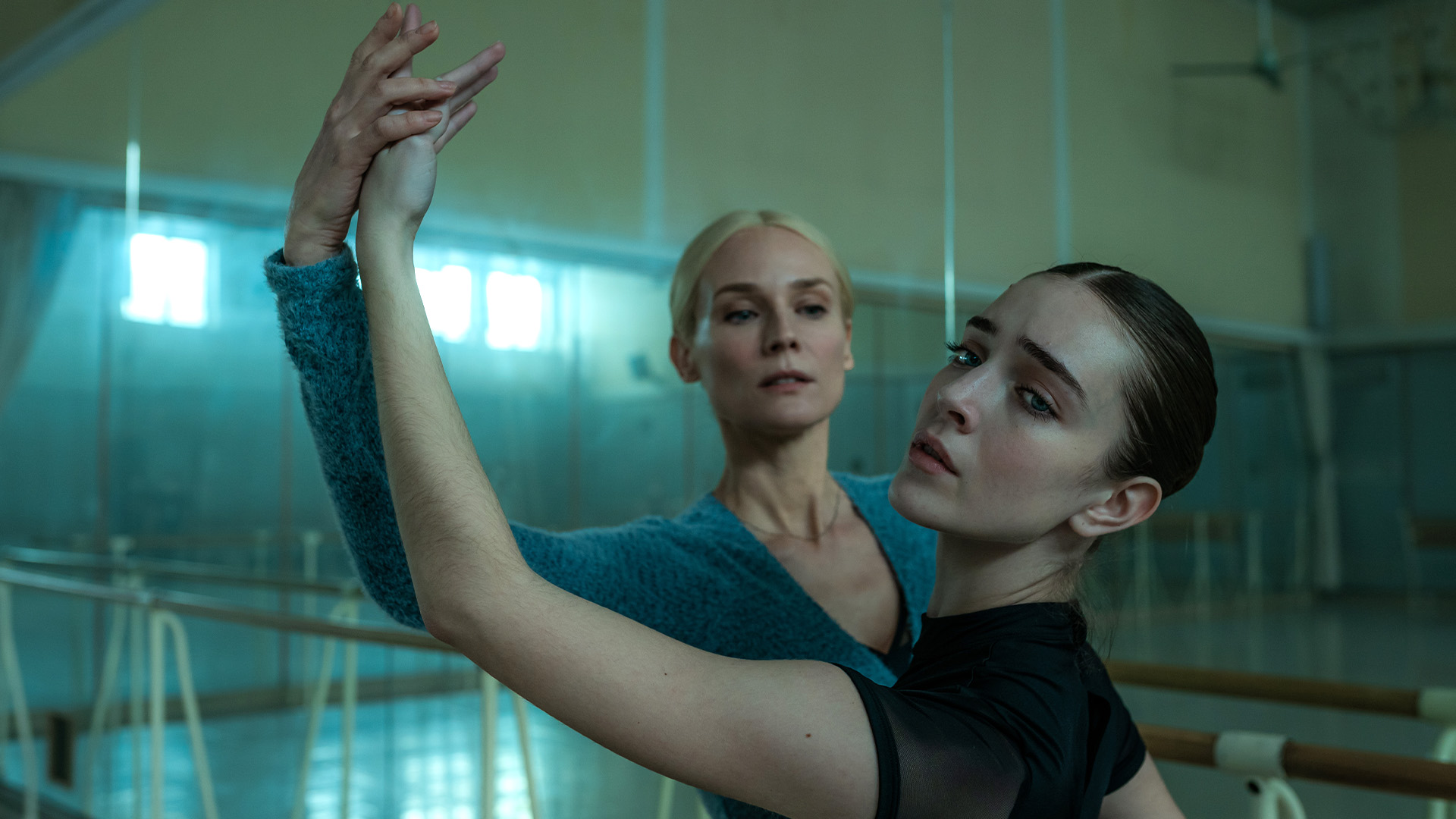
“I can’t now imagine it without Talia and Diane. We were incredibly lucky where I think it was also Talia’s agency who said, ‘Well, look, what about Diane?’, when we couldn’t make it work with Isabelle. And she was fantastic, and Diane was a former ballerina, and instantly got it.”
Which brings us to the critical element of ballet itself. As well as depicting the psychological aspects of its characters, Joika also frequently features a dance between camera and performer. The choreography of these sequences is complex, with Napier Roberston asking a lot of cinematographer Taumusz Naumiuk (High Life).
“There were times where I had to throw him in and say, ‘Look, I need you to try and get this shot, it’s going to start on a mid shot, swivelling around, or it’s going to go into a close-up, you’ll come around this side, then it’s got to pan off, it’s got to get to this dance or whatever. I’m just going to call action, and you’re in there, like a dancer, like you are in there with them.’”
Napier Robertson tells me they spent a lot of time thinking about the feeling of dance in the shooting, “not be outside it, but to sort of somehow be inside with it”. That led to moments as a director where he would call action, and just be praying that his actors and cinematographer would nail it. “There’s nothing I can do,” he recalls. “At this point, I’ve done everything I can do. And now they have to dance.”

Some dance scenes needed complicated choreography, and also required complicated lighting changes during the shot. And with the frequent use of wide lenses, Joika cinematographer Naumiuk was often in close proximity to the dancers. “He’s pretty close to Talia and the others,” says Napier Robertson. “And there were times where they would clash, they would literally bump into each other, which really disturbing—not for him so much, he would just be like, ‘let’s do it again’—but for the dancers, because they’re trying to imagine the camera’s not there. It doesn’t exist, just be with the dance. And then suddenly you crash into a camera.”
You’d think with all of the psychological and practical complications he’s faced, that Napier Robertson might be tempted to take things a bit easier on his next film. Although, if you’ve been paying attention, you’ll probably have come to the conclusion he’s not wired that way. He describes it as being in a slightly different genre, and says: “Once again, when I’ve told people what I’m doing, they’re like ‘Really? You’re gonna make that?’ To me, it seems like a natural progression.”
“The central character, one of the things he’s really wrestling with is mortality and ageing and the meaning of things and everything’s kind of failing for him and fucked up. And he can’t make sense of any of it. And that is within quite a bigger, almost high concept deep premise-y thing. It’s really interesting exploring these kinds of things. And again, not trying to answer them, but certainly wrestle with them.”
It sounds like you’re having a dig upstairs again, I suggest.
“Yeah,” James Napier Robertson affirms: “There’s no other way to do it.”
INTERVIEW EDITED FOR LENGTH AND CLARITY










